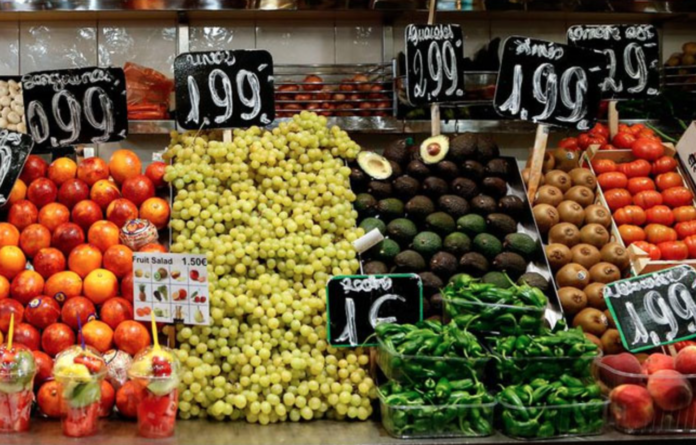November 09, Colombo (LNW): The UN Food and Agriculture Organization (FAO) released its State of Food and Agriculture (SOFA) report on Friday, uncovering that the global agrifood system incurs approximately $12 trillion in hidden costs annually, largely due to health impacts from non-communicable diseases (NCDs) like heart disease, stroke, and diabetes. Health-related costs linked to poor dietary patterns account for about $8 trillion—70% of the total hidden costs—far surpassing those related to environmental degradation and social inequalities.
Using true cost accounting, SOFA 2024 analyzes the full range of costs and benefits associated with food production, distribution, and consumption. The report identifies 13 dietary risk factors, such as insufficient intake of whole grains, fruits, and vegetables, and excessive consumption of sodium and processed meats, which contribute significantly to the global health cost burden.
The FAO categorizes agrifood systems into six types—protracted crisis, traditional, expanding, diversifying, formalizing, and industrial—to better understand the unique challenges each system faces. Countries with industrial and diversifying agrifood systems face substantial environmental hidden costs, particularly from greenhouse gas emissions, nitrogen runoff, land-use changes, and water pollution. In diversifying systems alone, these costs are estimated at $720 billion annually.
The report also highlights that countries experiencing protracted crises bear the highest relative environmental costs, amounting to 20% of their GDP. Meanwhile, traditional systems and crisis-affected regions see poverty, undernourishment, and other social costs that represent between 8% and 18% of their GDP.
FAO Director-General Dongyu Qu emphasized that transforming agrifood systems is critical to achieving the Sustainable Development Goals (SDGs). The FAO calls for collective action to make these systems more sustainable, resilient, inclusive, and efficient, addressing both the environmental and health costs tied to food production worldwide.
